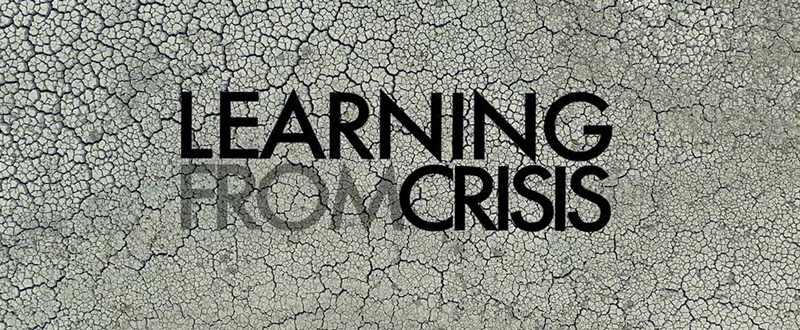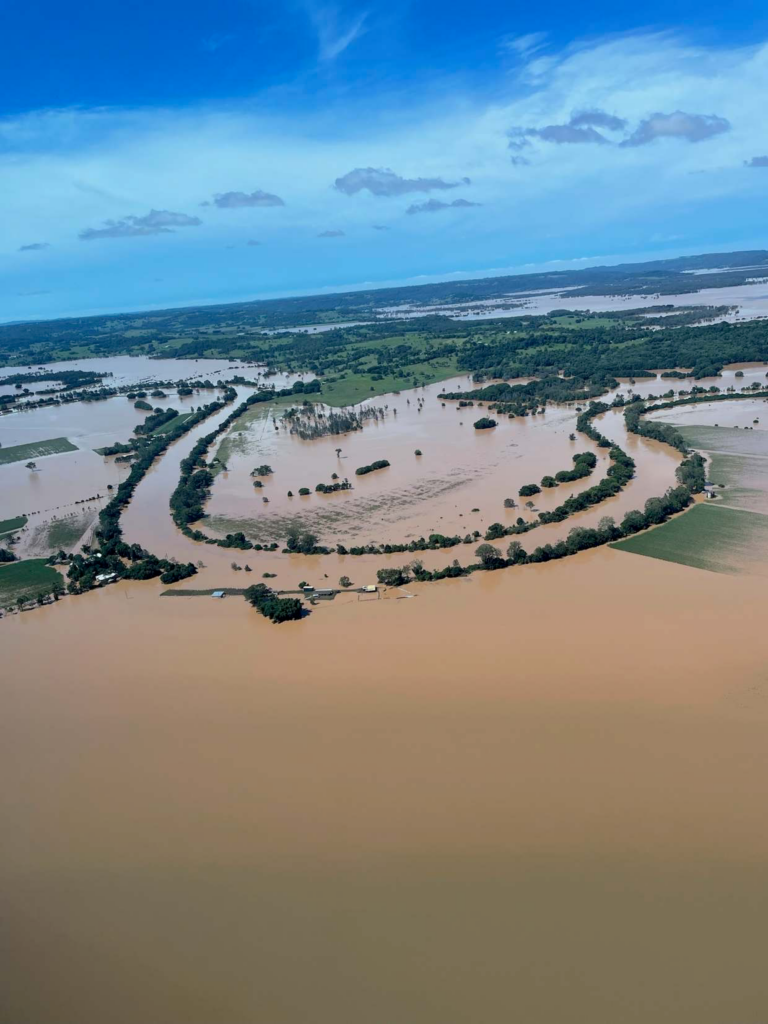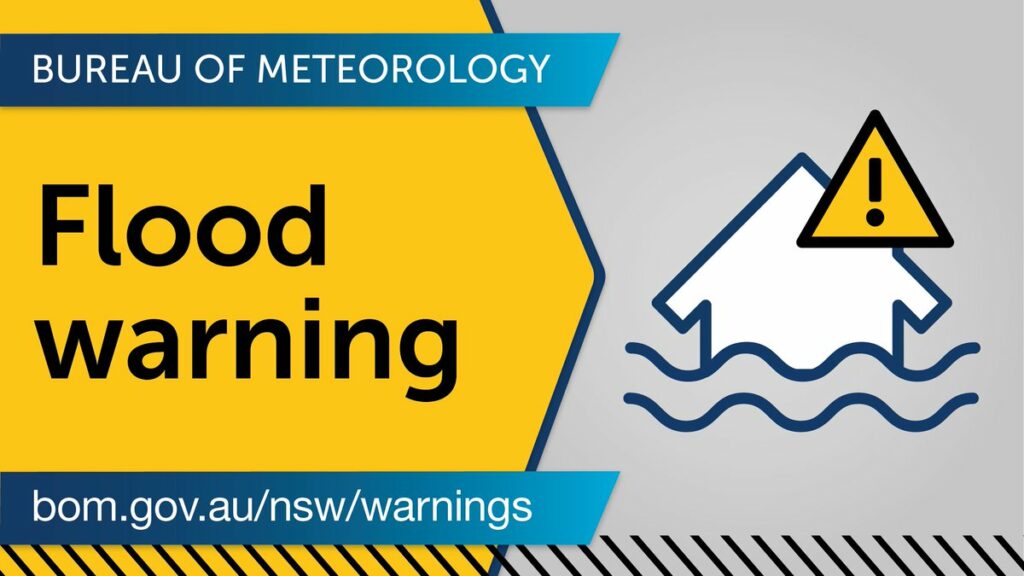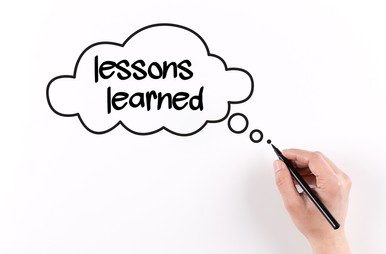
My mother grew up in the village of Coraki. I spent many years at school and working in Lismore. I worked at a school where one of the sporting and pastoral care houses was named in honour of Dr Fred Hollows.
So it was no surprise that a news item that managed to combine these three aspects of my past life caught my eye.
Like so many articles that came out of the recent east coast floods, it focussed on the incredible work of those on the ground trying to save and help those in their community.
As usual, I was in awe of how volunteers and those on the ground rallied in support of their neighbours during this crisis.
I’ve seen the flood destruction in NSW. Where was our government?
Fred Hollows’ doctor son Cam treated people in flood-ravaged northern NSW.

“Australia is a nation where battlers survive natural disasters. But the real disaster was the lack of planning and failed response from the government. Our weather has changed, but it is clear our government hasn’t kept up.
There are still plenty of people in Coraki – and other places heavily impacted by flooding – living in tents, shelters and cars. I can patch up wounds, but the mental health scars will remain long into the future.”
Cam Hollows is a doctor in the Northern Rivers and a member of the Hollows Foundation, which his father Fred Hollows, an ophthalmologist, set up to restore sight to around 90 million people
What struck me were the lines at the end of the report by Dr Cam Hollows and the way in which they caused me to pause and think about the responsibility of leadership we hold in our school community. Particularly in times of crisis.

We know that this time Port Macquarie actually “dodged a bullet,” missing the very worst impact of the slow moving east coast lows.
We also know that these “unprecedented events” – drought, fire, flood and disease – are becoming more frequent and we need to be ever prepared.
What our school has learned from the most recent critical incidents is that there are certain things we need to do, to effectively manage the increasing frequency of “unprecedented events.”

We know that there are certain things that work during a critical incident. These include:
- Anticipation. → Sometimes it is good to look into the abyss and figure out how big a ladder you will need to climb out.
- Organisation in the crisis. → Knowing what you have to do when the crisis hits means that you do not have to start from scratch because those who need to lead and manage know what they have to do and how to do it.
- Communicate. → When things are frightening, fast-moving and critical, it is our community’s right to know what we are doing, and for us to listen to what they need.
- Monitor the crisis. → The sporting cliche, “keep your eye on the ball”, rings true in a crisis because the unexpected often awaits us and can hurt us badly if we dare to get distracted.
- Decisiveness during the crisis. → Know that what you do in a crisis will not please everybody and there may not be time to make perfect plans, but considered action is better than waiting and hoping you can develop a ”perfect” response.
- Appreciation of effort. → How can we not appreciate the willingness of our teachers and staff to pivot to online learning, be at risk teaching unvaccinated children, supply testing kits, go on camp and organise and attend sporting events? And don’t get me started on the medical professionals and volunteers in our community who do so much to make our lives safer!
- Learn your lessons. → I was told once “Never waste a crisis!” Every time something you plan goes wrong or some new challenge appears, it is a chance to learn and improve our response the next time. After all, we are a community that is all about promoting lifelong learning!

Hopefully, we are not the only organisation that has learned lessons on how to respond to these new and frightening circumstances.
Hopefully, we may get some rest rather than lurching from crisis to crisis.
But no matter what, we know we need to be there and ready to serve our community, no matter what is thrown at us.

Terry Muldoon
Principal
Want to share your thoughts on this story, or do you have something you’d like to add? Email me at principal@scas.nsw.edu.au

